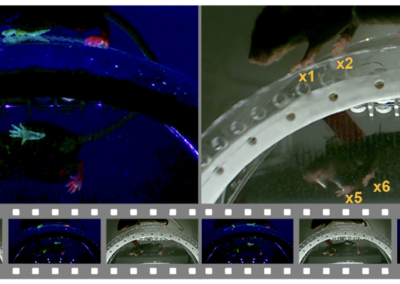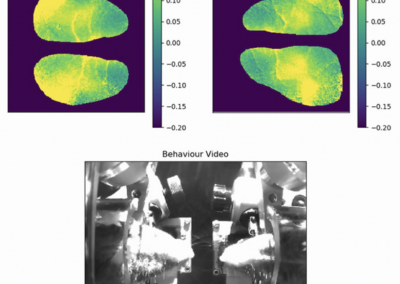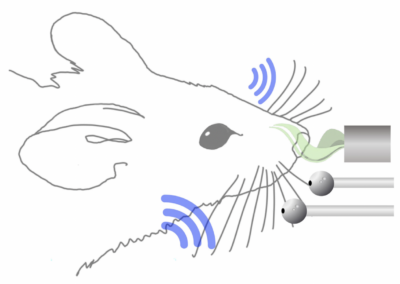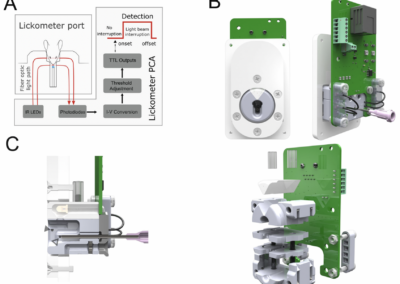Vilim Štih has shared their new project from the Portugues lab called Stytra, which was recently published in PLOS Computational Biology (Štih, Petrucco et al., 2019): “Stytra is a flexible open-source software package written in Python and designed to cover all the general requirements involved in larval zebrafish behavioral experiments. It provides timed stimulus presentation, interfacing with external devices and simultaneous real-time tracking of behavioral parameters such as position, orientation, tail and eye motion in both freely-swimming and head-restrained preparations. Stytra logs all recorded quantities, metadata, and code version in standardized formats to allow full provenance tracking, from data acquisition through analysis to publication. The package is modular and expandable for different experimental protocols and setups. Current releases can be found at https://github.com/portugueslab/stytra. We also provide complete documentation with examples for extending the package to new stimuli and hardware, as well as a schema and parts list for behavioral setups. We showcase Stytra by reproducing previously published behavioral protocols in both head-restrained and freely-swimming larvae. We also demonstrate the use of the software in the context of a calcium imaging experiment, where it interfaces with other acquisition devices. Our aims are to enable more laboratories to easily implement behavioral experiments, as well as to provide a platform for sharing stimulus protocols that permits easy reproduction of experiments and straightforward validation. Finally, we demonstrate how Stytra can serve as a platform to design behavioral experiments involving tracking or visual stimulation with other animals and provide an example integration with the DeepLabCut neural network-based tracking method.” This research tool was created by your colleagues. Please acknowledge the Principal Investigator, cite the article in which the tool was described, and include an RRID in the Materials and Methods of your future publications. Project portal RRID:SCR_021416; Software RRID:SCR_021500 Check out the paper, the enhanced version with the documentation, at www.portugueslab.com/stytra or the pdf at PLOS Computational Biology Find out more on GitHub! Check out projects similar to this!Stytra
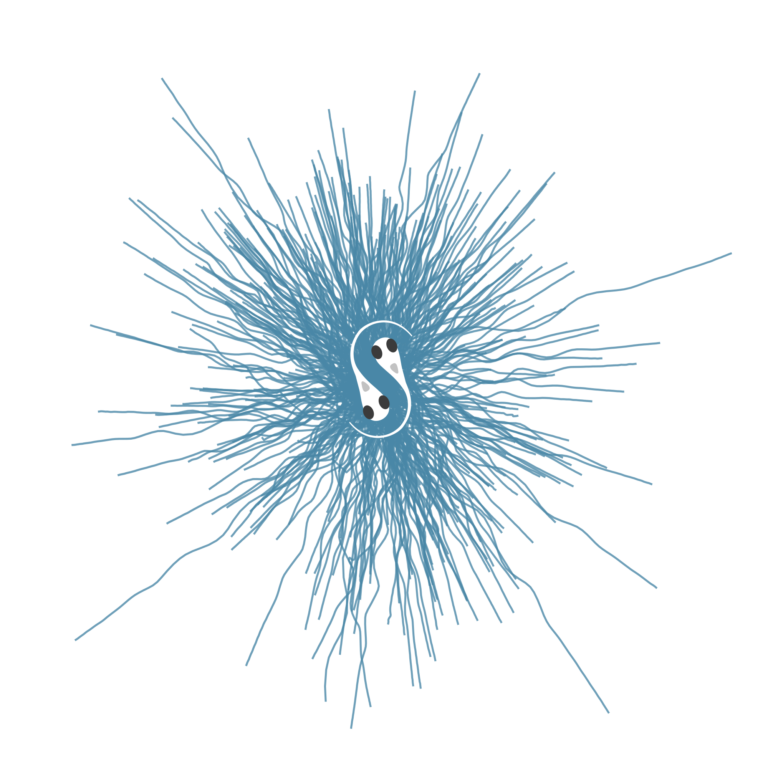

Paper
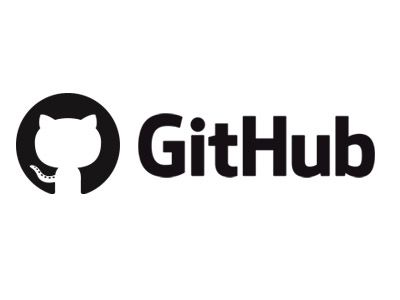
Github
Have questions? Send us an email!

